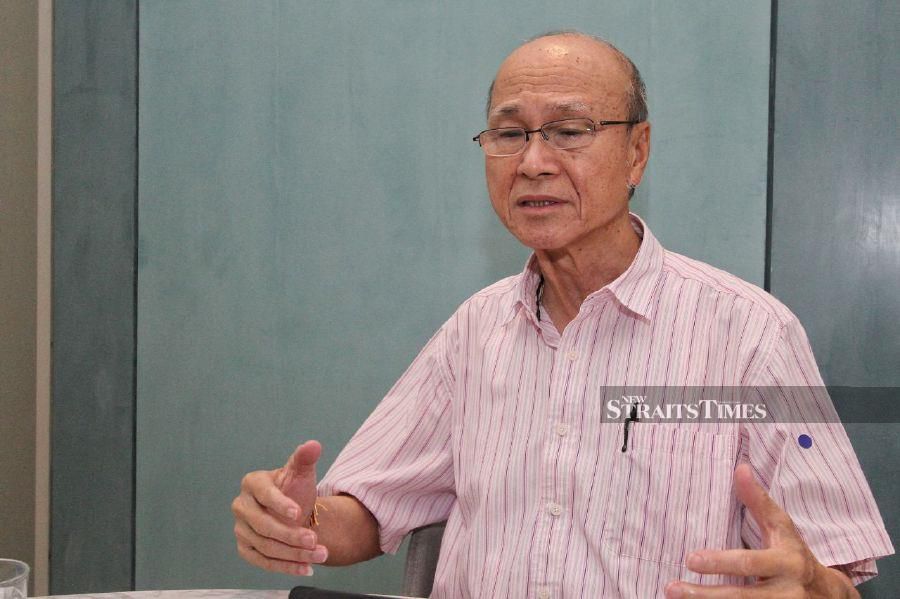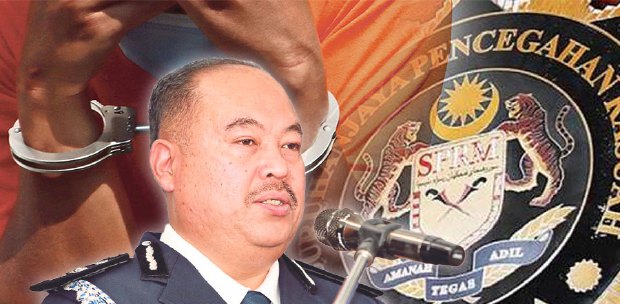Public concerns have been aired about the threats to the independence and integrity of key institutions such as the judiciary, the Malaysian Anti-Corruption Commission and the police.
The reformasi era that many expected to be ushered in with the ascendance of reformasi icon, Datuk Seri Anwar Ibrahim, as prime minister is still awaited, perhaps understandably so given that the unity government is yet to find a firmer political footing.
Be that as it may, the government will be well advised to sooner rather than later prove its reformasi bona fides by putting in place initiatives that will withstand political or non-political exigencies.
If sincerely and well thought out, these initiatives should be able to win support from even the opposition or, if not, put it on the back foot. A possible initiative is the creation of a national ombudsman. The idea is not new.
As well-known public-affairs social activist Tan Sri Lee Lam Thye noted in recent conversations with this writer that the idea actually had its genesis way back in the 1970s.
It never came to fruition and the Public Complaints Bureau, a much watered-down version as its very name suggests, was created instead.
The nation's first non-Barisan Nasional-led government actually revived talk of such an ombudsman after it came to power in 2018.
The then prime minister Tun Dr Mahathir Mohamad had announced that an "Ombudsman Act would be drafted to ensure a more effective management of public complaints in Malaysia".
"Public complaints" have only grown louder and more serious over the years, culminating in the politically seismic watershed of a change of federal government in 2018.
Apparently though, the euphoria over the change that probably gave rise to renewed talk of having an ombudsman was soon overtaken by political turmoil, putting paid to any appetite for overdue reforms.
In welcoming Dr Mahathir's initiative, Lee had noted that almost all developed countries have an ombudsman.
"In Australia, it helps investigate the government, public schemes, private education providers and private health insurance. In New Zealand, it protects the rights of whistleblowers, monitors detention camps and disability conventions.
"It also investigates complaints against state agencies."
In the Philippines, an ombudsman has been in place since the late 1980s and a particularly fearsome one was appointed by president Benigno Aquino III in 2011.
Sarawak, in fact, has taken the idea a step further by announcing that an Ombudsman Ordinance will be tabled in the state assembly this year.
Whether it is the Sarawak ordinance or the Malaysian act, what is crucial is that the ombudsman be equipped with real teeth to initiate investigations and enforce remedial actions.
Safeguards will have to be built into the ordinance or act to insulate the office and the person holding that office so it goes about its work without fear or favour.
A study on the effectiveness of the ombudsman system conducted by the Philippine Center for Investigative Journalism in 2011, however, concluded that despite many headline-grabbing decisions by its ombudsmen, the office had failed to strike fear in public officials and instances of serious malfeasance continued unabated.
Malaysia must plod on to strengthen its system of checks and balances if cases of egregious governance failures are not to become incurable cancers in years to come.
The writer views developments in the nation, region and wider world from his vantage point in Kuching
The views expressed in this article are the author's own and do not necessarily reflect those of the New Straits Times






